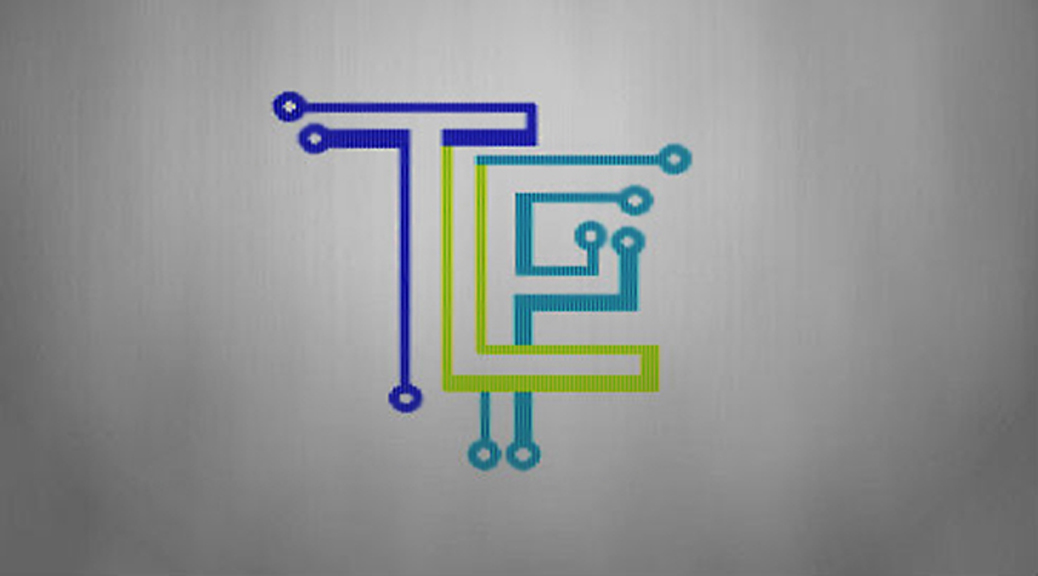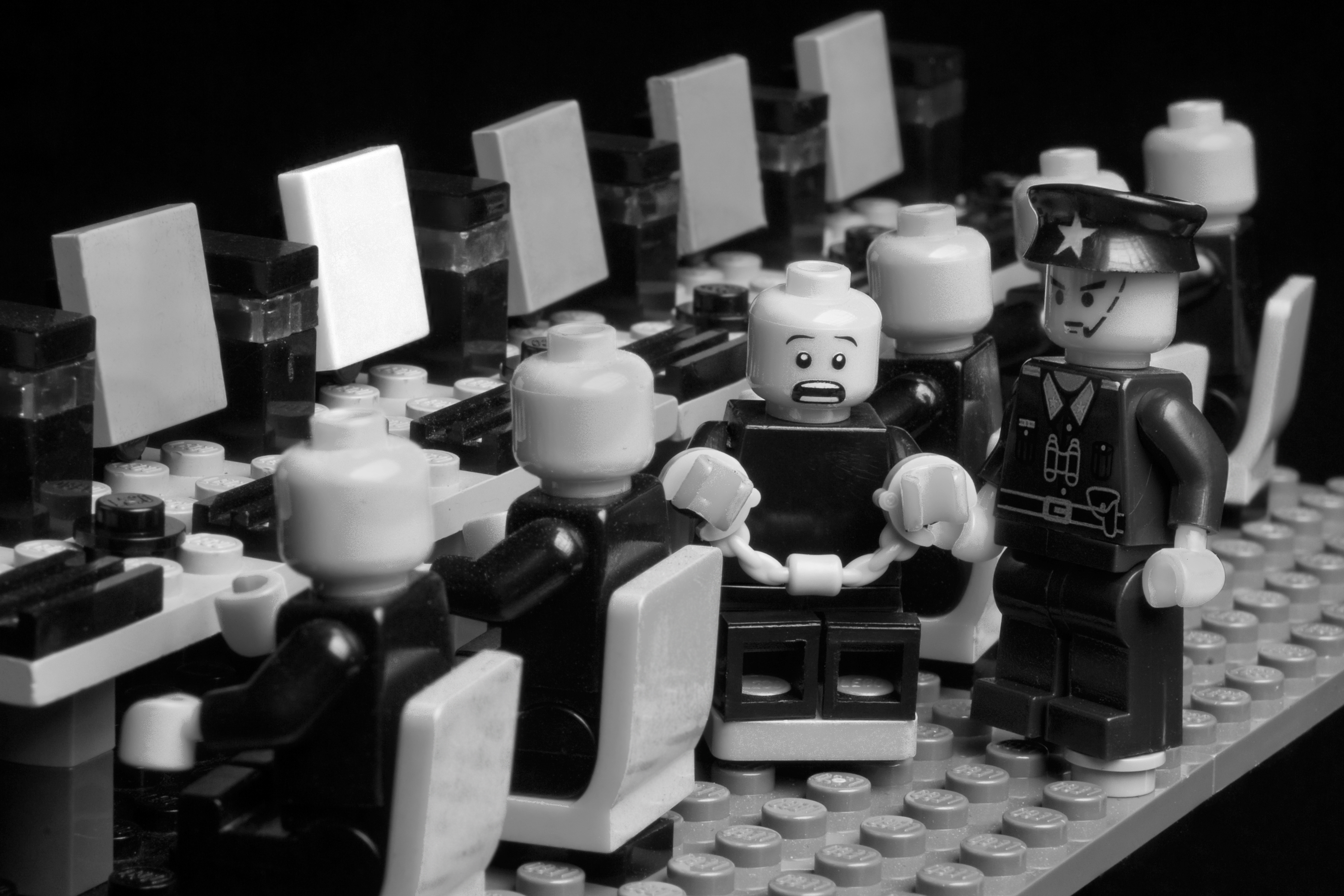[This post has been authored by Vaibhav Parikh, Legal Counsel at ICICI Bank. Views are personal] The value of online/ mobile banking rose from INR 69.47 billion in 2016-17 to INR 21,317 billion in 2019-20. Providing data access to third-party firms by banks and other financial institutions has proved to be one of the important…
Tag: Internet Regulation
Over-The-Top Services: A Regulatory Quandary (Part II)
[This is the second part of a two-part post authored by Abhilash Roy and Hrishikesh Bhise, fourth-year students at the National Law Institute University, Bhopal. Click here for Part I] Argument for a Level Playing Field‘Fair and reasonable opportunities to all market players’ and the concept of ‘a level playing field’ for market participants is…
Over-The-Top Services: A Regulatory Quandary (Part I)
[This is the first part of a two-part post authored by Abhilash Roy and Hrishikesh Bhise, fourth-year students at the National Law Institute University, Bhopal. Click here for Part II ] The purposes and functions of the internet, as we know it today, have grown manifolds since its inception over thirty years ago. Its importance…
Delhi HC’s order in Swami Ramdev v. Facebook: A hasty attempt to win the ‘Hare and Tortoise’ Race
This post has been authored by Aryan Babele, a final year student at Rajiv Gandhi National University of Law (RGNUL), Punjab and a Research Assistant at Medianama. On 23rd October 2019, the Delhi HC delivered a judgment authorizing Indian courts to issue “global take down” orders to Internet intermediary platforms like Facebook, Google and Twitter…
Data Protection of Deceased Individuals: The Legal Quandry
This post has been authored by Purbasha Panda and Lokesh Mewara, fourth and fifth years from NLU Ranchi. It discusses the data protection laws for deceased individuals, and the legal justifications for post-mortem privacy. Post-mortem privacy is defined as the right of a person to preserve and control what formulates his/her reputation after death. It is…
Metadata by TLF: Issue 6
Welcome to our fortnightly newsletter, where our Editors put together handpicked stories from the world of tech law! You can find other issues here. Delhi HC orders social media platforms to take down sexual harassment allegations against artist The Delhi High Court ordered Facebook, Google and Instagram to remove search result, posts and any content containing…
Does Web Crawling Contravene the Indian Copyright Act, 1957?
[Ed Note: The following post has been authored by Shivang Agarwal, currently in his final year at NALSAR University of Law. In an interesting read, he analyzes the nature of web crawling actions and the kind of information collected to assess whether claims of copyright infringement may be brought against entities running such search engines.]…
December, 2014: Fireworks and more!
December, 2014, has been the month when the Indian community received a multitude of shocks, one after the other and each one more powerful, on the issue of internet-related legal problems. First, we had the lamentable Uber issue, which was followed by Airtel announcing (and later withdrawing) its VoIP-data plan, which violated Net Neutrality down…
A Wolf in Sheep’s Clothing: The Trans-Pacific Partnership
[Image Source: http://flic.kr/p/osRzan] After the scrapping of the ‘Stop Online Piracy Act’ (SOPA) and the ‘Protect IP Act’ (PIPA) in the U.S., one could have been under the impression that the Internet would be free from unadulterated interference by the government. SOPA and PIPA basically gave the government unprecedented powers to shut down any website/blog…
The Pornography Question
(Image Source: https://flic.kr/p/aWsHkX) The Problem This post comes as a response to the recent litigation by Mr Kamlesh Vaswani in the Supreme Court. While the international stance towards pornography has been to allow adults to access it generally but absolutely prohibit certain kinds of pornography such as child porn, Mr Vaswani has asked for a…


